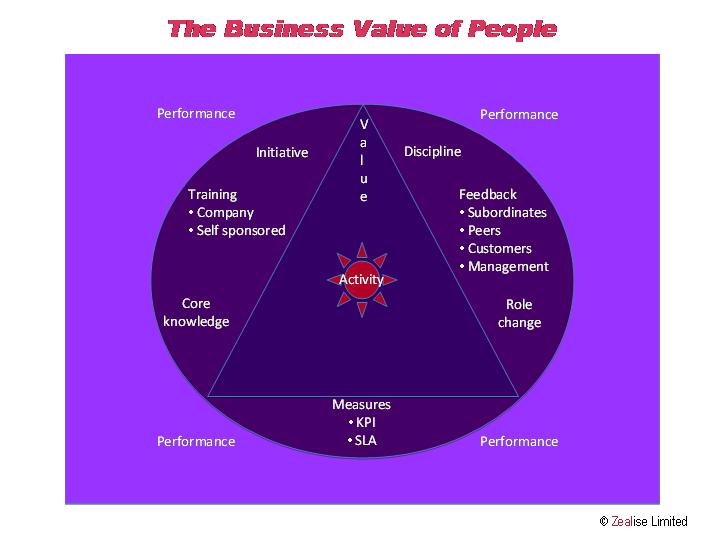The desire to make a difference is possibly one of the greatest motivational drivers we have as human beings. That's because it validates our sense of being, and gives our lives purpose and direction.
But how do you know when you are making a difference?
I don't know about you, but I would say you know when someone else acknowledges your effort. No doubt that is why William James said, "The deepest principle of human nature is the desire to be appreciated." After all, sincere appreciation is the most genuine acknowledgement of the value of what you have done or are doing.
And what happens when you are appreciated? You feel good and you repeat your behaviour and even try to do more and better. So when you make a difference and are appreciated for it you create a virtuous cycle of continuous improvement.
But making a difference is the ingredient that fuels the whole process.
So it follows that making a difference is the root of employee engagement. For, by definition, you are engaged when you are making a difference. And, if we follow a prevalent trend and create a TLA (three letter acronym) for making a difference, we get MAD. Consequently you can legitimately say that you have to be MAD to be engaged!
So the challenge for you as a leader/manager then becomes, how do you create an environment where your people can be MAD?
I do not think it is rocket science to come up with the answer to that (and those of you who have been following me for a while will already know.) It is a two step process.
- You make your people co-owners of the business, and so create an unbreakable bond between personal and organisational self interest.
- You value people for their contribution to the business, which builds in an appreciation factor that is largely independent of personal opinion.
Employee ownership is almost self-explanatory. Thus, although I offer an entirely new model of employee ownership, I would like to go straight to step two now.
In order to value your people for their contribution to your business you effectively need to value their activity within the context of their work. You would do this by identifying all the factors that impact on the way they work and/or are affected by the way in which they carry out their work. I have attempted to depict all the determinants of value in the diagram below but please advise me of any that I may have missed.
You might find the list a little intimidating, but surely these are the things that you should be looking at anyway? After all these are the essential determinants of measuring performance. The only difference is that now you are looking for a means to:-
- Create a systematic process
- Remove the "touchy-feely" aspects of people management and make it more empirical.
This will remove some of the subjectivity and help bring people management into line with the management of other assets. As a result it will make people more responsible for their own work and make your life considerably easier, reduce conflict and build a platform for sustained success.


It takes all sorts to make a world